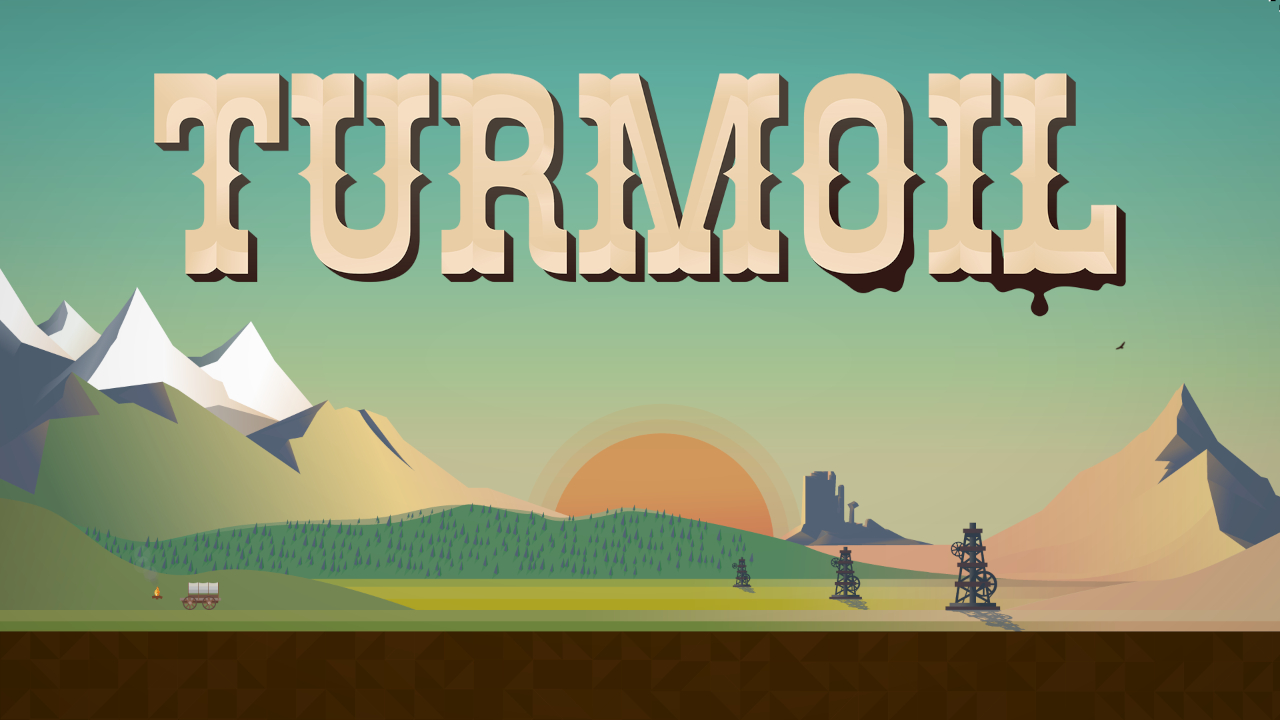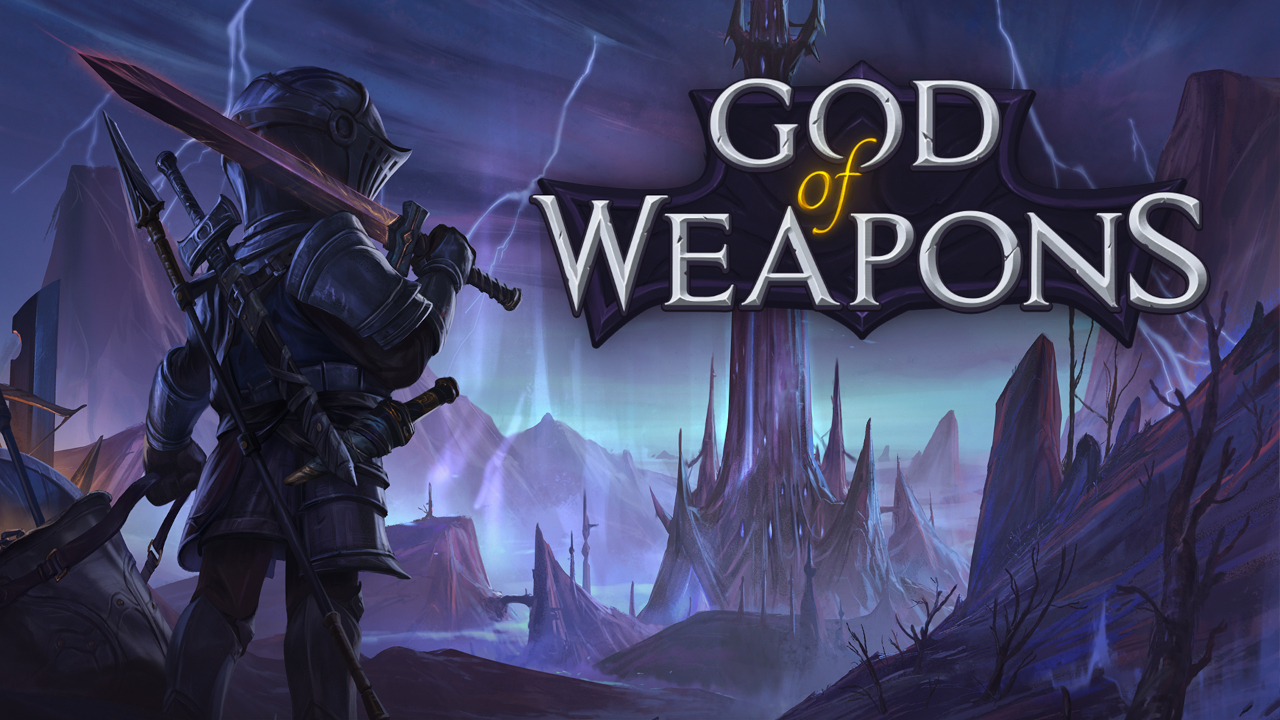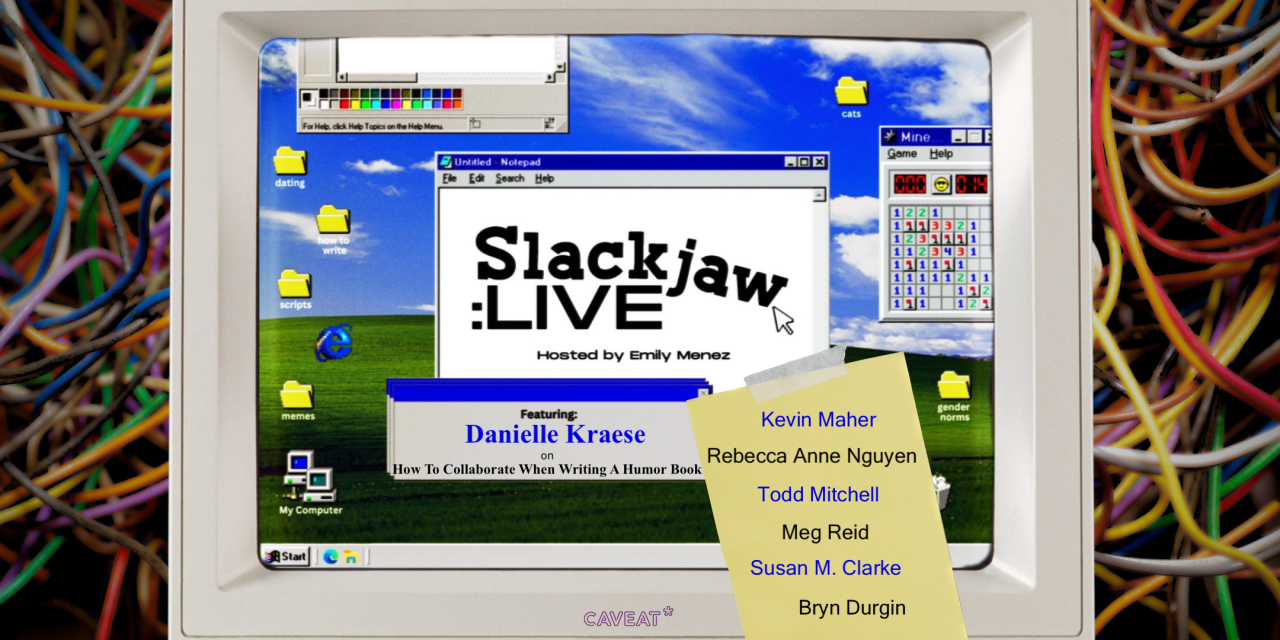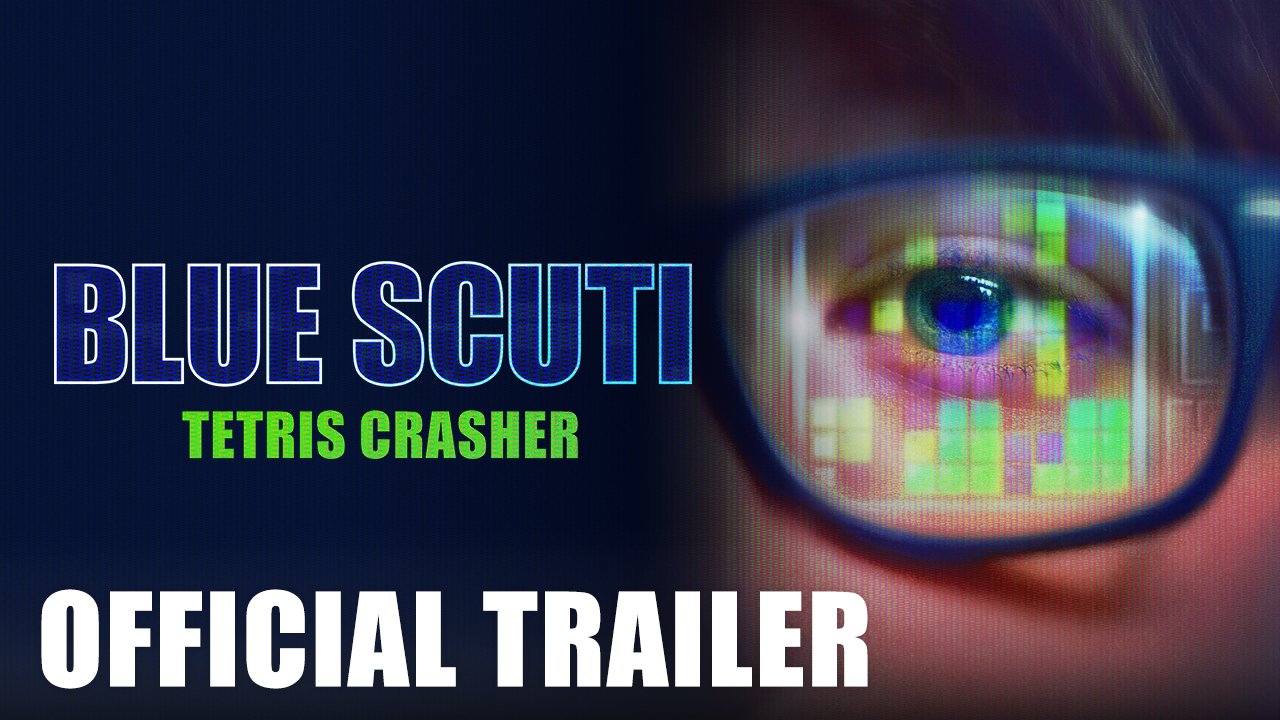This post was originally published at Zam.com in 2016.
As products of the computer hardware industry, video game consoles inherit a finite life span ending in certain obsolescence. Since 1972, about 150 home gaming systems have been released in the United States alone, nearly all of which have been commercially retired.
Sadly, player loyalty often plays a very small role in a console’s life cycle. While many console developers have pulled systems from retail shelves to make room for more powerful hardware, other companies have abandoned their products and left the business completely. Once the end is in sight, die-hard fans of a vanishing console quickly transition to the rear view. So, what becomes of these abandoned players?
Surviving a discontinued console has become a rite of passage for gamers. Many of us begrudgingly move on to newer models after coming to terms and setting aside the funds. Some of us keep old consoles tucked away to revisit our favorite games when the mood strikes, while other players sell off their gear, hoping to soften the upgrade’s financial blow. Some players, however, don’t get dragged away so easily; they extend the console’s legacy themselves.
Those who follow game industry news get occasional glimpses into the world of homebrewers, modders, and other developers of unlicensed game content. We perked up when Silent Hill 2 was redesigned for 8-bit systems. We cringed at Square Enix’s cease-and-desist cancellation of Chrono Trigger: Crimson Echoes, a fan game more than four years into its development and mere weeks from its release. We marveled at footage of Mario Kart R, a hack that added new tracks and characters to the original Mario Kart. What drives these unsung heroes? With little potential for revenue, countless technological challenges, and a severely limited audience, what really makes the retro development community tick? I sought out some prominent movers and shakers of the craft to gain their insight.
NES Games from Scratch
What would you do with complete control over your favorite console?
As a gifted middle schooler, Damian Yerrick spent the early ‘90s on an Apple IIe computer writing programs in the BASIC and 6502 Assembly programming languages. When he discovered an early Nintendo Entertainment System emulator for the PC near the end of the decade, he experimented with a few game hacks for his own entertainment.
“I wanted to hack another game,” Yerrick says, “but I discovered that the generic graphics hacking tools didn’t work with it because its graphics were compressed. So I decided to start making my own NES games from scratch.”
Now a web application developer living in northeast Indiana, Yerrick’s software creations have earned him cash prizes in homebrew competitions twice in the last five years. His knowledge and software tools have made him a major contributor at the NESDev forums.

Yerrick’s tales of tinkering include a variety of experiments and self-instruction. After participating in Game Boy Advance and Nintendo DS homebrew groups, he turned briefly to the PC platform, concerned about the potential difficulty of shipping a console game. As he finished college and entered the workforce, he gained expertise in versatile programming languages like C and Python. His desire to get serious about the NES returned.
“One reason I program for the NES,” Yerrick explains, “is that because of the system’s limits, it’s still within reach for one or two people to make something whose production values compare with commercial releases on the same platform. By the Super NES era, teams routinely grew to a dozen or more people.”
He adds that the responsiveness of this kind of programming is also rewarding. While modern game development often requires commands to filter through a potentially sluggish operating system, commands sent to the NES Picture Processing Unit and audio circuits take effect instantly.
As Yerrick got plugged in with other NESDev users, he gained a deep understanding of the NES hardware. Over time he would wow the community with a variety of projects not only flaunting his design skills, but also demonstrating clever hardware use, including a competitive NES Zapper game and a game designed for the Super NES mouse peripheral. He now values being of help to new developers on a wide variety of hardware, software, and even legal questions pertaining to the craft.
Yerrick deeply understands how the law applies to what he does, and how homebrew games have been the subject of some unwanted attention. This has caused Yerrick to take a handful of his games offline out of concern about potential litigation. In fact, Yerrick points to intellectual property disputes as the leading cause of trouble for homebrew developers. Many publishers will take action to protect characters and other game elements they consider vital to their business. The simple act of creating your own unlicensed games, he maintains, is not inherently dangerous.
“By 2015, I doubt that Nintendo cares about unlicensed development for its patent-expired consoles.” Yerrick explains. He further illustrates this point by referring to Sega v. Accolade, a landmark case that established the development of unlicensed console games as fair use. “Mostly the issue lies in projects that reuse characters from Nintendo franchises…”
Yerrick doesn’t necessarily feel that social media has had a profound impact on his work. The homebrew development community thrives on older message boards. Between competition activity and shoptalk, Yerrick says, he could freely take part in at least a dozen active discussions on any given day. The forum discussions are lighthearted but the developers tend to stay on-topic. Instead of a community for the sake of community, theirs exists to benefit the craft.
Looking ahead, Yerrick plans to help move the homebrew community in a positive and increasingly legitimate direction. He hopes to use his personal site, Pin Eight, to release new programming libraries and tools over the next year that will allow new developers to come up to speed more quickly and without the need to get started through legally risky activities like hacking and sharing copyrighted games.
“That’s one reason I try to spread the knowledge of how to develop NES games.” Yerrick says. The more free games the community creates, he points out, the stronger their position becomes when defending against broad complaints about homebrew projects and emulation in general.
For the Love of the Games
While many developers work together to keep old consoles alive and well, a dedicated few spend years breathing new life into a single game.
In 1997, Rare’s GoldenEye 007 took the world by storm. Millions of players across the globe hungrily devoured the single player campaign and sank countless hours into the game’s split-screen multiplayer deathmatches. GoldenEye’s commercial success revealed the enormous potential of console shooters and inspired Rare to get to work on the game’s spiritual successor, Perfect Dark. A large player base would maintain their loyalty to the Rare shooters far beyond the Nintendo 64’s commercial discontinuation in 2003.
For Canadian game hacker Donald J. York (known almost strictly online as “Wreck”), this was just the beginning. His team is hard at work on GoldenEye X: an ongoing effort to rebuild and enhance the GoldenEye experience in the more-capable Perfect Dark engine. This highly sophisticated hack has added features like weather, improved light and dark outdoor environments, multiplayer AI, cooperative missions, and all-new Virtual Assignments to the original game.

Wreck’s path to project management in this accomplished community has been bumpy at times. His appreciation for gaming began as a desire to cope with the frustration of a difficult childhood.
“I had difficulties earlier in life caused by social anxiety.” Wreck says. “It was so bad that I couldn’t attend most of school, and was home instructed by a tutor…it was more than just a way to kill time. It was a sort of escape, which has stayed with me ever since. “
This may be why Wreck enjoys having a little extra control over his games. He describes growing up with a game enhancer (“cheating device,” if you like) on hand for each console he owned. By the time the Nintendo 64 reached the height of its popularity, off-the-shelf cheat tools were considerably more advanced. This, wreck says, opened up a whole new world.
While he confesses a soft spot for tinkering with Resident Evil 2, GoldenEye was the first game Wreck got serious about modifying. His early days of borrowing internet time for research and cringing before testing hacks would lead to his eventual entry into the online game hacking community. Around 2005, Wreck was enlisted to work with GoldenEye Vault community member SubDrag on an early version of the GoldenEye Setup Editor, a powerful application eventually capable of changing not only GoldenEye, but also a variety of other games including Perfect Dark and Diddy Kong Racing. Over time, the Setup Editor would simplify intricate game modifications, greatly reducing the learning curve for new modders. This is where Wreck would hone his skills and deepen his knowledge until he was ready to spearhead his own initiative: GoldenEye X.
“What you see in the GoldenEye X project (as well as many of the releases you can find on the GoldenEye Vault website) is the direct result of years upon years of hacking GoldenEye and Perfect Dark,” Wreck explains. “A lot of what has gone into this particular project has been learning as we go. We knew far more about GoldenEye than we did Perfect Dark, and our time working on this has given us a whole new appreciation for [Perfect Dark]. Things we never even noticed in the game before had suddenly appeared. You really have to give Rare credit for putting so much into a game that people are just noticing things 15+ years later.”
Presently, Wreck leads a team of about 3 developers at any given time. They started by porting GoldenEye’s multiplayer mode to the new engine and steadily branched out to campaign missions as well as their own additions to the original game. Their assignments are the result of lengthy feature discussions and detailed bug reports. Changes are documented religiously. Years of continuous process improvement allows the group’s workflow to meet the quality you might find in a professional development studio. Wreck explains that this is a conscious practice in contrast to the project’s loosely organized early days.
“Once the preview was released, I started over from scratch.” Wreck says. “This time I knew enough to write down everything. It really helps to know what you did for each release…Sometimes you’ll run into an issue and it tracks back to some little change you made in the previous version. We’re still finding that every so often. I’d suggest to all others out there to keep logs of whatever you’ve been doing as you go.”
Otherwise, Wreck notes that the management side of the project is a pleasure. With virtually no financial burden, the project’s biggest cost is time, and this doesn’t seem to faze the team. All contributors are diehard fans of Rareware and they never settle until they’re satisfied. They never seem to lose sight of the fact that their project is a tribute to what they consider a gaming masterpiece.

Notably absent from the GoldenEye X story is any presence of legal activity. At face value, it might seem surprising that a hit game from a top publisher on a console owned by a litigious company could be part of such a long-running hacking project without drawing ire. Wreck suggests his team’s methods and motives have helped them keep the peace.
“Hopefully I don’t jinx myself here, but we’ve been very fortunate when it comes to legal stuff.” Wreck says. “We’ve never been contacted by any of the copyright holders in the past. All releases we make are in patch form (which are pretty much useless on their own), and we don’t encourage or promote downloading of ROMs online. We’re doing this to keep the game alive and well.”
On a hunch, I asked if Wreck’s team had been in contact with any members of the original GoldenEye or Perfect Dark teams. One widely-recognized GoldenEye developer does seem to acknowledge previous membership at their forum and Wreck claims others have provided the team with guidance in more private discussions.
“I don’t know if I should name any names, but we have had contact with various members of the original GE team.” Wreck says. “A certain someone joined up on the forum, and others have been e-mailed to help fill in some holes regarding different aspects of the game, and they have been quite kind and informative – for what they can remember dating that far back, of course.”
Wreck stands apart from some other developers by attributing some of his passion for his work to the community.
“Our community is probably one of the most supportive and committed ones out there.” Wreck says. “If nobody was around to care. There’d be no real reason to push on.”
Wreck does echo the sentiments heard so commonly from his peers: that it’s all for the love of the games. Still, he notes how rewarding it is when a new member joins up, filled with interest and excitement, eager to contribute. He says that the games still have a way of pulling people in, which he welcomes. He hopes that the Setup Editor’s recent support for additional games will continue to encourage new community projects.
“I can only hope we see people with a real desire to dig deep into things and show us something we’ve never seen before.” Wreck says. “I mean, who wouldn’t like to see a Diddy Kong Racing sequel?”
As for the future of GoldenEye X, Wreck acknowledges that there must be an ultimate end to the ride. He believes there’s only so much his team can do while staying true to the spirit of the original GoldenEye experience, and he hopes his work won’t discourage other modders from taking the original games in completely different directions as he moves on to future projects of his own. He says that the time investment has been enormous and the journey is occasionally difficult, but that he is proud of what he’s done; he feels he is meant for this.
“With a small team, life getting in the way, and no paycheck for all the hard work you put into it, it puts a damper on progress and motivation at times.” Wreck says. “But the love of this, and the feeling of reward when getting things going can do a lot to keep you looking ahead.”
I wanted to Save Sega
Few announcements have hit gamers harder than Sega’s declaration of intent to discontinue its Dreamcast system in early 2001, less than two short years before it was first made available in the United States and Europe. Despite its successful launch, poor timing put the Dreamcast launch in the way of Sony’s PlayStation 2 hype train. At the end of this tumultuous financial period, not only would Sega discontinue the Dreamcast, but they would also exit the console business completely.
In the wake of the 90s console war, households devout to Sega products, like those now committed to Nintendo, Sony, and Microsoft systems, were not uncommon. Many younger gamers around the world reeled at the news that the only gaming hardware they’d ever known would soon leave retail shelves forever. Some players, like young Bilal Zia, wanted their voices to be heard.
“…I wanted to save Sega,” Zia says. “I registered on the Sega message boards and tried to convince them to not discontinue the Dreamcast. That’s how I got involved as a 13-year-old kid in 2001.”
Far from alone, Zia would connect with countless other gamers who came together to create petitions, organize campaigns, and brainstorm ideas to reach executives at Sega. One such campaign received a response from then president of Sega of America, Peter Moore, encouraging the group to reach out to executives at Sega of Japan. Zia summarizes Sega of Japan’s response: “Not happening.”
Not to be deterred, the group’s next campaign urged Sega to widely release the Dreamcast’s Katana development kit, which would allow the growing homebrew community to support the Dreamcast independently. Sega formally declined this request as well. The community was on its own, and they set out to carry on without Sega’s help.
In the years that followed, the group would defeat the technical roadblocks preventing them from publishing independently on the Dreamcast and filling the void left by Sega’s disappearance from the scene. Zia’s mentor Max Scharl would arrange for an independent Dreamcast booth at Germany’s Game Convention events (now succeeded by GamesCom) where Sega Germany GM Tina Sakowsky even stopped by to give the group a public endorsement.

In time, Zia took on the roles of both “community reporter” and editor for what is now known as Dreamcast-Scene, a unification of Dreamcast emulation enthusiasts, homebrewers, fans, and independent developers. He also supports numerous independent developers and publishers with PR and marketing initiatives for Dreamcast projects.
The Dreamcast community sees an unusual number of these revenue-earning projects with relatively few legal issues. Zia explains that an interesting design choice about the hardware makes this possible.
“Sega wanted the Dreamcast to play audio CDs.” Zia says. “Big mistake…it is because of the system’s ability to play CDs that we still get new commercial-quality games for it.” The console’s software attempts to load special content included on standard audio CDs and enterprising developers quickly learned how to feed the system their game code, no proprietary media or modified software required.
Even with the freedom to design for the Dreamcast, Zia is outspoken about discouraging Kickstarter campaigns or other initiatives that might hurt the community. While he doesn’t disapprove of the crowdfunding platform itself, he feels that indie developers predict their own future pacing to their detriment, so he encourages his colleagues to play it safe.
”I would urge all budding video game developers to finish beta testing before opening pre-orders.” Zia says. “…don’t quit your day job. Do this on the side if you have fun with it. Only open pre-orders once the game has gone gold and allow yourself months of buffer time because there are a ton of things that can go wrong in the physical production process as well.”
While it’s understandable that Zia is protective of the community he has been so instrumental in supporting, the Dreamcast scene needs little encouragement to thrive. With dedicated developers, publishers, and even online game stores catering to modern Dreamcast enthusiasts, his is one of the most advanced and functional subgroups in retro gaming.
The game developers agree. French indie dev Cedric Bourse (better known as the developer/publisher Orion_) left a game studio after five years to go independent, releasing new games for a variety of retro consoles and computers. His recent title Alice’s Mom’s Rescue was released on Steam, Android, Atari Jaguar CD, and the Dreamcast. Though he makes his games available for many systems, he speaks highly of the Dreamcast community’s passion for their console and their support for independent developers.

“They are really passionate about their console, and they greatly support indie developers no matter what,” says Bourse. “A supportive community is key to indie developers, because you can make a game on a retro console, if nobody cares, you won’t get very far.” He adds that he released a game for the original PlayStation that sold less than ten copies.
As for Zia, he believes the community could go even further with better use of social media tools like Facebook and Twitter. He says Dreamcast-Scene isn’t formally represented on either site and lists other similar Dreamcast groups that are absent there as well.
“Community is the most important thing,” Says Zia. “…there is a sense of community, a sense of belonging, and the community strives to nurture what holds it all together.”
When Nostalgia Calls
While many American gamers spent the early ‘80s discovering the Commodore 64, Sinclair Research introduced players in the United Kingdom to its own 8-bit home computer: the ZX Spectrum. Not only did the “Speccy” enjoy wild popularity comparable to that of the C64 throughout its decade-long commercial run, but it also became the center of an independent development scene that is still virtually unrivaled. More than 30 years after its release, hobbyists still release new software for the Spectrum frequently.
To celebrate the tradition of Spectrum development, Portuguese game developer and entrepreneur Diogo Vasconcelos (@DiogoStuart) coordinated the first ZX Spectrum Retro Game Jam early in 2015. During the event, entrants were invited to spend the weekend creating a working ZX Spectrum game fitting the selected theme (this year’s theme was “Evil Chicken”). At the end of the allotted time, entries would be play-tested and a winner would receive the grand prize.

The 2015 ZXS Retro Game Jam ran from September 3rd through September 5th.
“I decided to do a crazy retro game jam dedicated to the Speccy with an award I would have loved to win when I was a kid,” Vasconcelos says. True to his word, two entrants were declared winners and will have their games professionally packaged, published to cassette (the spectrum’s medium of choice), and made available for sale by Vasconcelos and his partners.
For Vasconcelos, the game jam was just one more product of a life-long passion for retro gaming. He recalls beginning a collection of gaming boxes, posters, manuals and more from the age of eight. By the age of ten he was learning how to program on a Spectrum of his own.
“Eventually that gaming era became the past, but my love for it kept going…so in 2010 I opened the first Portuguese physical store dedicated to retro game collecting,” Vasconcelos says. PressPlay Porto was a 5-year experiment he describes as “awesome.” He would eventually close the store to go all-in as a co-founder of British game studio Nerd Monkeys, Ltd.

As his focus shifted to game development, Vasconcelos says he’s put more energy into game jams as a participant, where he enjoys getting to know other developers. When nostalgia came calling, he was fascinated by the idea of organizing the Spectrum jam and creating something special for the other creators around him.
Vasconcelos feels that these events mostly exist for the sake of fun but he does believe that they strengthen the retro game development community. He says that the collaborative and social nature of the internet in recent years has had a profound impact.
“It changed everything, and in my opinion, for the best.” Vasconcelos says. “I’m a strong advocate of this natural media transition that is happening, and all sorts of social networks like Twitter are undeniably successful marketing tools for the present game developer, from the independent to the AAA. It levels things a bit and brings new and awesome opportunities to everyone who dares take them.”
Even in his community event coordinating, Vasconcelos explains that his motivation goes back to the source.
“What keeps us passionate about what we do is the fact that we are making games,” he says, “all of the rest is work.”
The retro development craft demands uncommon levels of skill and commitment, but the work of these dedicated few produces results that strike a chord with nearly all of us. Their determination has kept our favorite consoles active independently longer than they were commercially supported. In the absence of publishers, the enthusiasm of hobbyists has led to new, compelling experiences for players everywhere. As the community contemplates its place in relation to social media, unfolding legal issues, and new revenue potential, we can rest assured that they will not lose focus on teaching our old hardware new tricks.






Leave a Reply